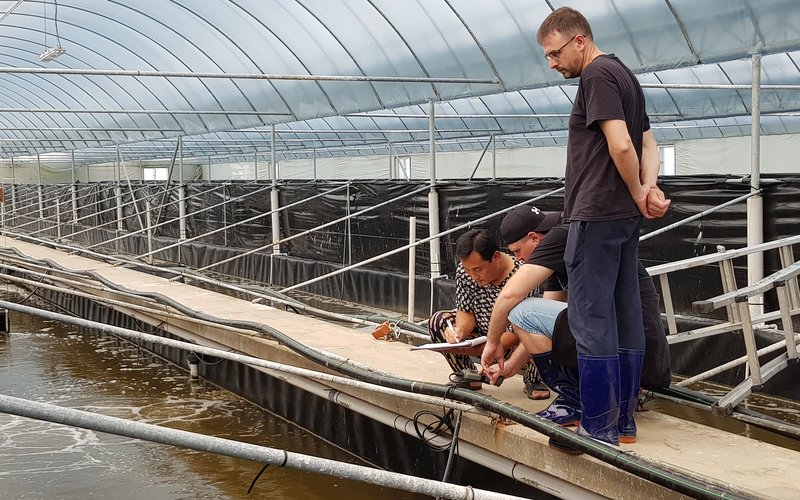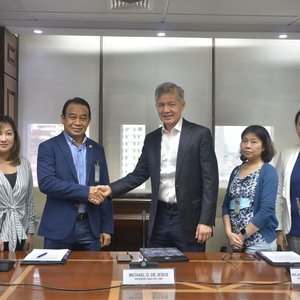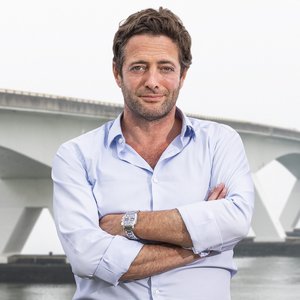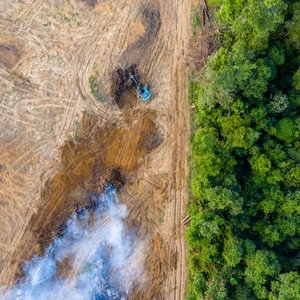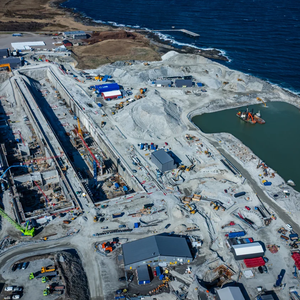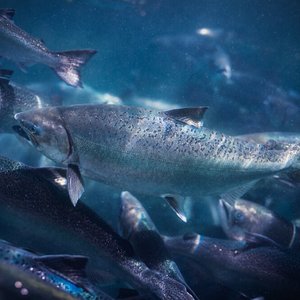Shrimp production in Europe has moved from a theoretical possibility to a reality, according to the online seminar Sustainable shrimp farming in Europe that took place on April 20.
Five presentations shared different developments and demands in the area. Bert Wecker, co-CEO of oceanloop, presented the company’s recent achievements in a clear water RAS system reaching 30 grams in less than three months.
Shrimp hatchery consultant, Philip Buike, presented his views on how to produce quality larvae in Europe. Buike highlighted that one of the main bottlenecks of shrimp production in Europe is the lack of stable, constant seeds. Currently, most of the production in Europe is reliant on imports from the USA. Buike said that European breeding centers are needed and should match the supply and demand during the current growth phase. The lack of qualified operators was highlighted as another issue.
Eric De Muylder, owner of CreveTec, shared his views on the quality of shrimp feeds for superintensive production in biofloc systems. De Muylder said that “having a dedicated feed adapted to the European market would be a big advantage for the European industry.”
Apart from seeds, feeds are another pressing need for the European shrimp industry. Morten Sirevåg, business development manager from Skretting, said that the company already has shrimp production facilities in Europe and supplies feed for all stages. “We believe in the development of shrimp RAS farming in Europe. Skretting is eager to work more with the European shrimp industry,” said Sirevåg.
Lubomir Haidamaka, CTO at Vismar Aqua, discussed how to adopt the Korean style of shrimp farms to European climate conditions. “To develop this kind of model in Europe, we need to develop management protocols and build and manage a first demonstration farm,” said Haidamaka.
Different production system alternatives are being considered in Europe, from technologically advanced clearwater RAS such as Oceanloop to simpler seasonal biofloc operation, such as the one presented by Vismar Aqua. “Both ways are commercially viable and the farmers are the ones to choose which technology works best for them,” it was said.
Haidamaka and Buike, the organizers of the event, identified several approaches that could be taken to develop the shrimp farming industry in Europe, that included:
- Developing new and innovative technologies for shrimp farming that are better suited for the European climate and environmental conditions.
- Encouraging the use of sustainable and environmentally friendly shrimp farming practices, such as closed RAS systems, to reduce the impact of shrimp farming on the environment.
- Supporting research and development in the field of shrimp farming to improve the quality and productivity of shrimp farming operations.
- Promoting the consumption of locally produced shrimp in Europe to reduce the reliance on imported shrimp and promote local economic development.
- Encouraging collaboration and knowledge sharing among shrimp farmers in Europe to improve the efficiency and profitability of shrimp farming operations.
To identify common needs and concerns and collectively provide solutions, new sessions will take place in June and September to maximize operational efficiency by learning from the collective experience and avoid the repetition of less successful strategies. It aims to become a regular place to exchange ideas. The organizers welcome any suggestions for topics of discussion related to shrimp farming issues in Europe to address in upcoming sessions. Send your input to Lubomir Haidamaka, vismaraqua@gmail.com, and Philip Buike, philipbuike64@gmail.com.


